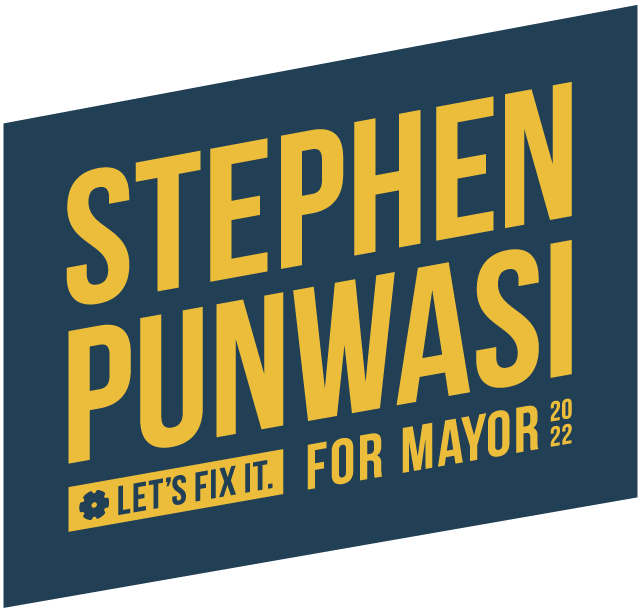Imagine a City that doesn’t function from crisis-to-crisis. One that has can make smart decisions based on a robust and comprehensive picture. Or information publicly available so you can hold leadership accountable. All of this requires accurate data, and we’re going to collect and distribute it.
The Problem
Canada has some of the most opaque housing data in the world. At best it’s junk, at worst it can be deceptive. Not having an accurate picture makes it difficult to address issues. Politicians frequently ask a company I founded for assistance in finding data.
For example, Canada relies on limited survey data for rental prices and vacancies. It’s a primitive tool that no advanced economy should depend on. The methodology can’t even cover secondary suites, a.k.a. most recent rental supply. You’re also looking at a sample error tolerance large enough to be the difference between a hot and cold market. That’s not good enough.
“Without data you’re just another person with an opinion.”
W. Edwards Deming, renowned statistician
Even Statistics Canada employees have expressed concerns about data to me. They wish more robust local data collection was available, so they have more to analyze.
Canada’s housing data is opaque and hard to access, even for the government. Let’s fix it.
The Solution
We plan to create robust data collection tools that are painless to use. Not just painless for the government, but painless for end users as well. Within 4 years, Toronto will go from one of the most opaque housing markets to one of the most transparent.
Our strategy has big plans for this area. After all, it is an area I specialize in. Over the coming weeks we’ll get into the details, but one example is our rental registry.
The rental registry will be a free registry to protect tenants and landlords. We’ll standardize agreements, digitize them, and it’ll help accelerate tenancy and insurance disputes. At the same time, we can track vacancy rates and issues like widespread displacement.
Best of all, the software developed in this program is a part of our Open City plan. This won’t just help us reduce the cost of maintenance, it will help other cities understand their market too. We can’t see a disaster coming if we’re blind-folded. Let’s make this housing crisis the last one.

